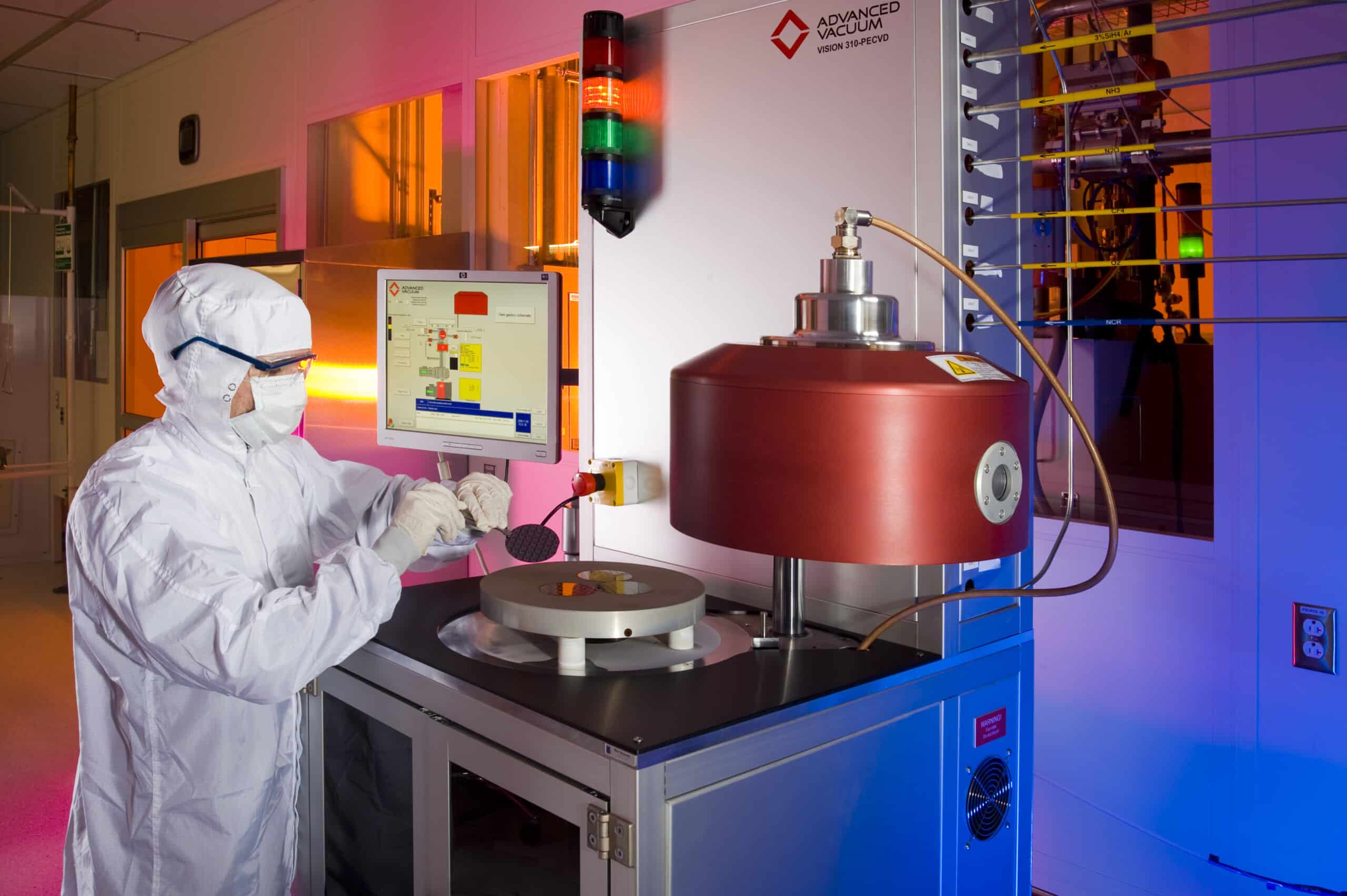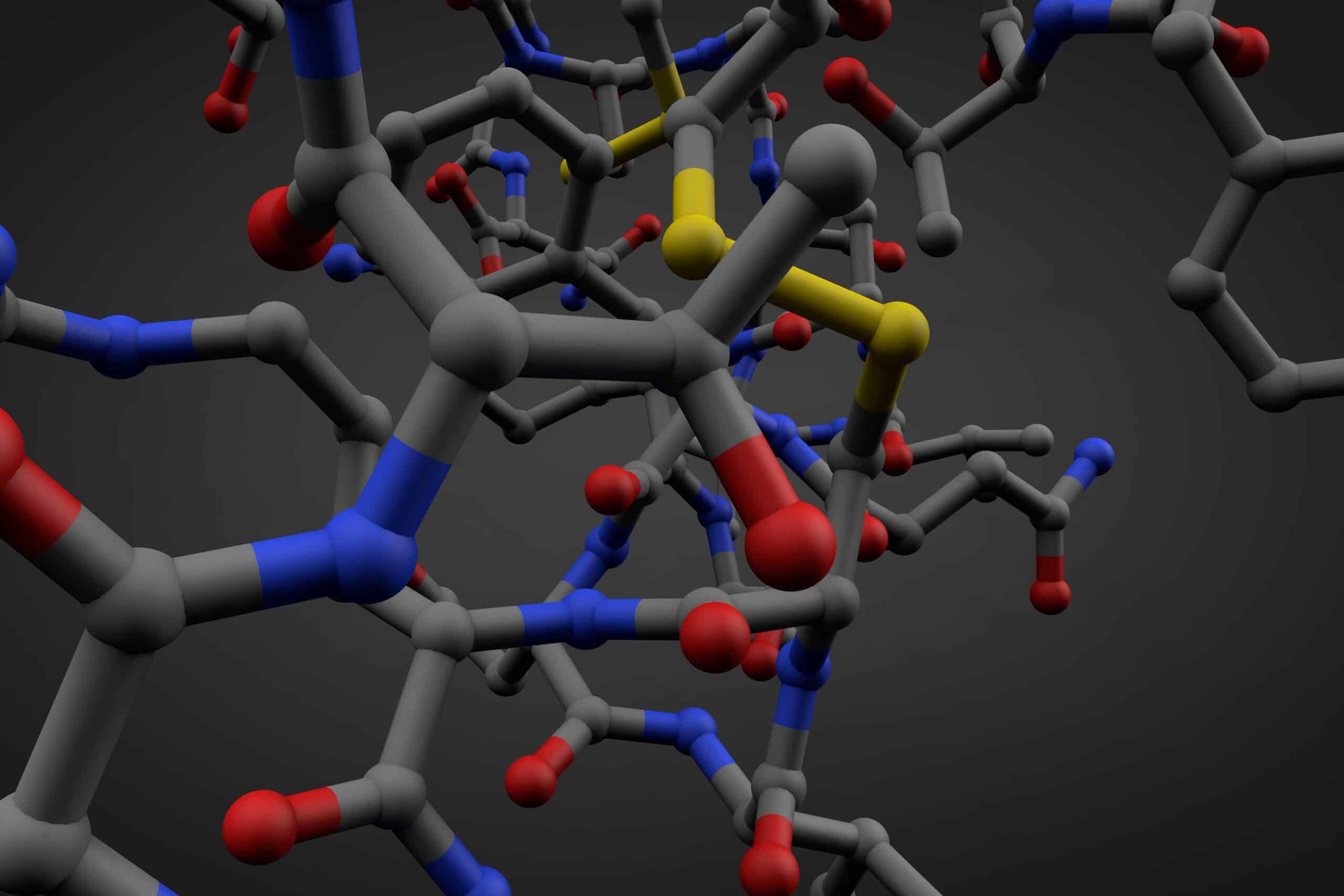
Boyuan Chen Named to ASME Mechanical Engineering Magazine Watch List
Chen’s research focuses on developing full-stack robotics that includes the mechanical structures as well as its AI-based software.
Duke MEMS research is focused on solving some of the biggest challenges facing humanity and our planet, including clean and abundant energy, reliable autonomous technology, and biomechanical devices and biomaterials to improve human health. Aligned with these efforts, our faculty also employ advanced computational tools, such as AI, to accelerate the design of mechanical systems and the discovery of new materials.


Working at the intersection of fluid mechanics, structural mechanics and dynamics, we are investigating a diverse range of aerospace problems

We are exploring natural phenomena to inspire new biomaterials as well as engineering clinically relevant analytical and biomechanical solutions

Our faculty advance scientific computing and develop new computational approaches, including artificial intelligence, to apply to engineering challenges

Duke MEMS faculty are leaders in developing new energy materials, improving energy-related technologies and exploring underlying chemistry and physics

Duke MEMS researchers are at work on methods of robust and optimal control and automation, especially in systems that operate in challenging environments

Our faculty lead in the computational discovery of new matter and the investigation and creation of polymers, soft-wet materials and nanomaterials

Chen’s research focuses on developing full-stack robotics that includes the mechanical structures as well as its AI-based software.

Volker Blum helps a team of researchers gain fundamental insights into designing materials that allow exotic quantum states at high temperatures.

A new Duke-developed AI system fuses vision, vibrations, touch and its own body states to help robots understand and move through difficult in-the-wild environments.